
5 Early Signs of Liver Damage You Should Look Out For
The Liver: A Vital Organ and How to Protect It
The liver is one of the most vital organs in our body, playing an indispensable role in maintaining overall health. It performs a variety of essential functions, from processing nutrients to eliminating toxins. Damage to the liver can significantly threaten your well-being, so it's crucial to take preventive measures and understand the signs of liver damage. Recognizing these early signs can help you address the problem quickly and potentially avoid more severe health issues down the line.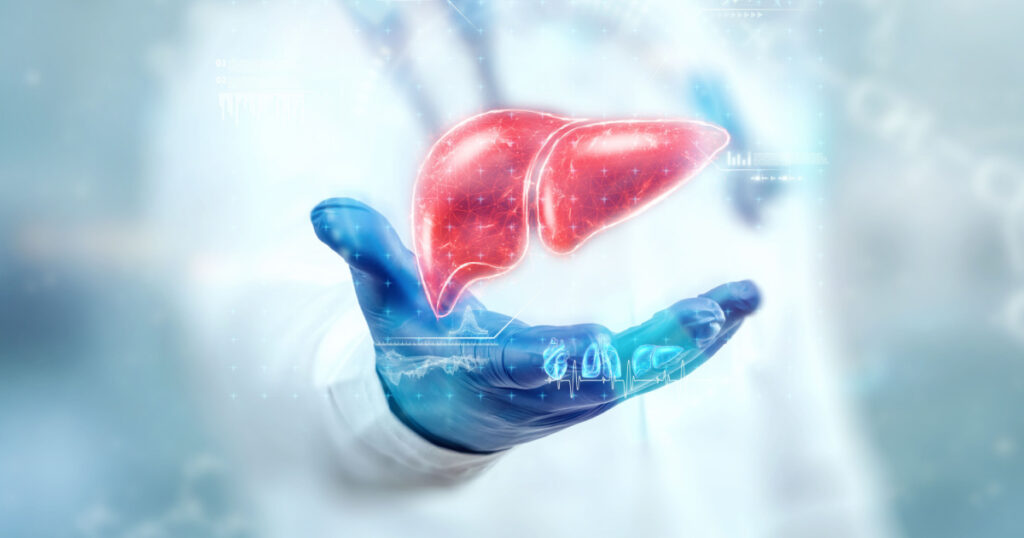
What Is the Liver and What Does It Do?
The liver is the largest internal organ in the human body, located on the upper right side of your abdomen, just beneath the diaphragm. It is responsible for performing thousands of complex functions that are essential for survival. One of its main roles is to convert nutrients from the food we eat into energy. Additionally, it stores essential vitamins, minerals, and other nutrients for future use, ensuring our body has what it needs to function efficiently.
Another crucial function of the liver is the production of bile. This digestive fluid is essential for breaking down and absorbing fats in the digestive tract. The liver also helps detoxify the body by filtering out harmful substances from the blood, which are then excreted through digestion and urine.
However, when the liver becomes overloaded with toxins or is damaged by diseases, it can no longer perform these functions effectively. As a result, symptoms of liver damage begin to appear, signaling the need for medical attention.
Common Causes of Liver Damage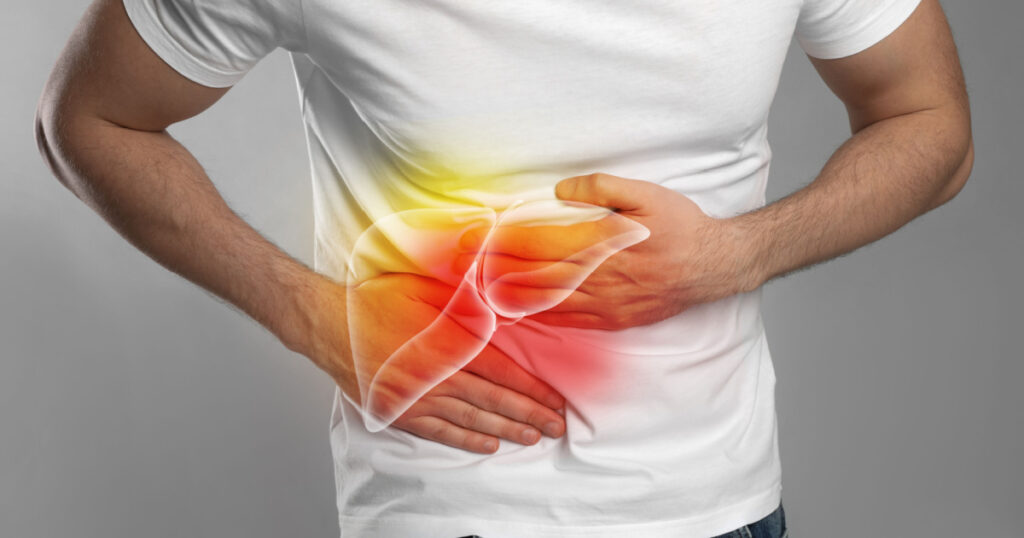
Liver damage can result from several factors, with the most common being alcohol abuse, which leads to a condition known as fatty liver disease (hepatic steatosis). Fatty liver disease occurs when excessive fat accumulates in liver cells, leading to inflammation and scarring. Over time, this can impair liver function and contribute to more severe complications.
While alcohol abuse is a major contributor, other causes of liver damage include:
-
Hepatitis A, B, and C: These viral infections can directly attack the liver, causing inflammation, scarring, and long-term damage.
-
Autoimmune Diseases: Conditions like autoimmune hepatitis can lead to the body’s immune system attacking liver cells, causing inflammation and eventual damage.
-
Trauma: Physical injuries, such as those sustained in car accidents, can cause liver damage.
-
Exposure to Toxins: Excessive alcohol consumption, certain medications, and environmental toxins can harm the liver over time.
-
Metabolic Disorders: Conditions like diabetes can affect liver function, leading to fatty liver disease.
-
Viral Infections: Viruses such as Epstein-Barr and HIV can also contribute to liver disease.
It's important to be aware of these causes to better prevent liver damage and take early action when necessary.
Early Signs of Liver Damage
Liver disease doesn’t typically develop overnight. Most cases of liver damage progress gradually, with subtle symptoms that may go unnoticed initially. Recognizing these early signs is key to preventing further harm. Regular liver enzyme tests are recommended to monitor liver health, especially if you are at risk. Some common early warning signs include:
-
Discomfort or Dull Pain in the Abdomen
A dull pain or discomfort, often located on the right side of the abdomen, can be one of the first signs of liver distress. While this pain may not always be present, it’s important to seek medical advice if you experience any persistent abdominal discomfort. -
Fatigue
Feeling unusually tired or weak can indicate liver problems. This type of fatigue is different from just feeling sleepy; it's a sign that your liver may not be functioning properly, leading to a lack of energy and an overall feeling of exhaustion. -
Nausea and Vomiting

Frequent nausea or vomiting that doesn’t seem linked to other illnesses can be a warning sign of liver issues. If these symptoms persist, it’s wise to consult your healthcare provider. -
Loss of Appetite

Damage to the liver can affect your appetite. If you notice a significant decrease in hunger or a change in your eating habits, it may be an early indicator of liver damage. -
Unexplained Weight Loss

Unintentional weight loss, especially if you haven’t changed your diet or exercise routine, could be a result of liver dysfunction. When the liver isn’t working properly, it can’t effectively metabolize fats, leading to weight loss.
Late Symptoms of Severe Liver Damage
If liver damage goes untreated, it can progress to a more advanced stage, with more severe symptoms that indicate liver failure. At this point, immediate medical intervention is necessary. Some late-stage symptoms include:
-
Headaches
-
Severe Nausea and Vomiting
-
Edema (swelling) in the legs, feet, or ankles
-
Itching (especially at night)
-
Jaundice (yellowing of the skin and eyes)
-
Severe abdominal pain (especially in the upper right side)
-
Dark-colored urine and pale stools
-
Confusion, difficulty walking, or lack of coordination
If you experience any of these symptoms, seek medical help immediately, as they are signs that the liver is failing.
How to Prevent Liver Damage
While it’s crucial to recognize the signs of liver damage, prevention is always the best approach. Here are some steps you can take to protect your liver:
-
Exercise Regularly: You don’t need to become a fitness enthusiast, but even moderate physical activity, like walking a few times a week, can help maintain liver health.
-
Limit Alcohol Consumption: If you have a history of liver disease or excessive drinking, it’s vital to avoid alcohol to prevent further liver damage.
-
Quit Smoking: Smoking not only harms your lungs but also increases the risk of liver disease.
-
Eat a Balanced Diet: A diet rich in fresh fruits, vegetables, whole grains, and healthy fats will support liver function.
-
Vaccinate Against Hepatitis: Vaccines for hepatitis A and B can protect you from these potentially harmful viruses.
-
Get Tested for Hepatitis C: Hepatitis C is a bloodborne virus that can lead to chronic liver disease and even liver cancer.
-
Be Careful with Over-the-Counter Medications: Many common painkillers contain acetaminophen, which can cause liver damage if used excessively. Always follow the prescribed dosage and avoid taking multiple doses simultaneously.
Final Thoughts
The health of your liver is directly tied to your overall well-being. Adopting a healthy lifestyle, being mindful of your family’s medical history, and being proactive about your health are key steps in protecting your liver from damage. If you notice any of the symptoms mentioned above, don't hesitate to consult with your healthcare provider. The earlier you seek treatment, the better your chances of a full recovery.
News in the same category

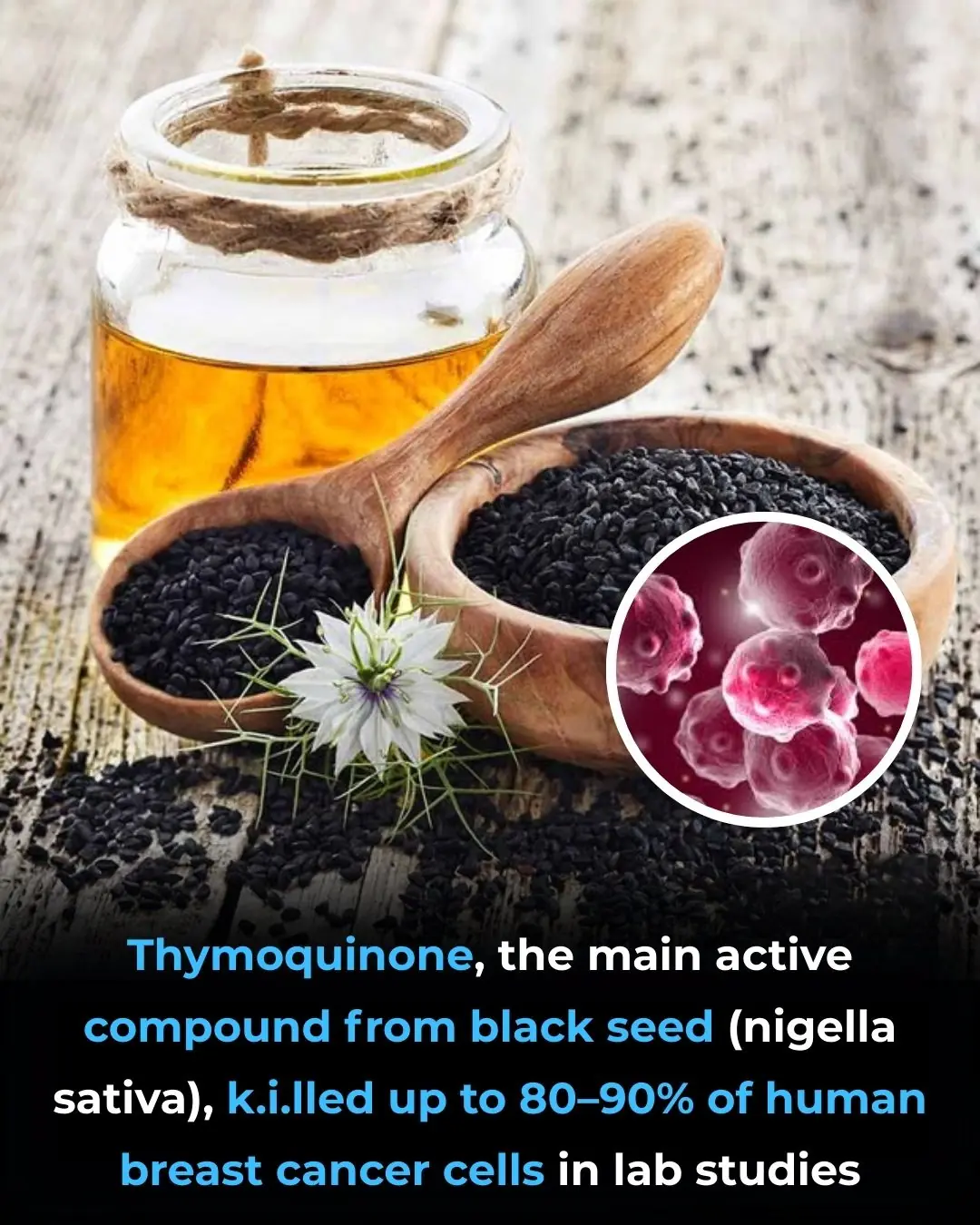
Thymoquinone and Breast Cancer Cell Suppression: Evidence from Preclinical Research

Ginger Supplementation and Cardiovascular Inflammation: Evidence from a Double-Blind Randomized Clinical Trial
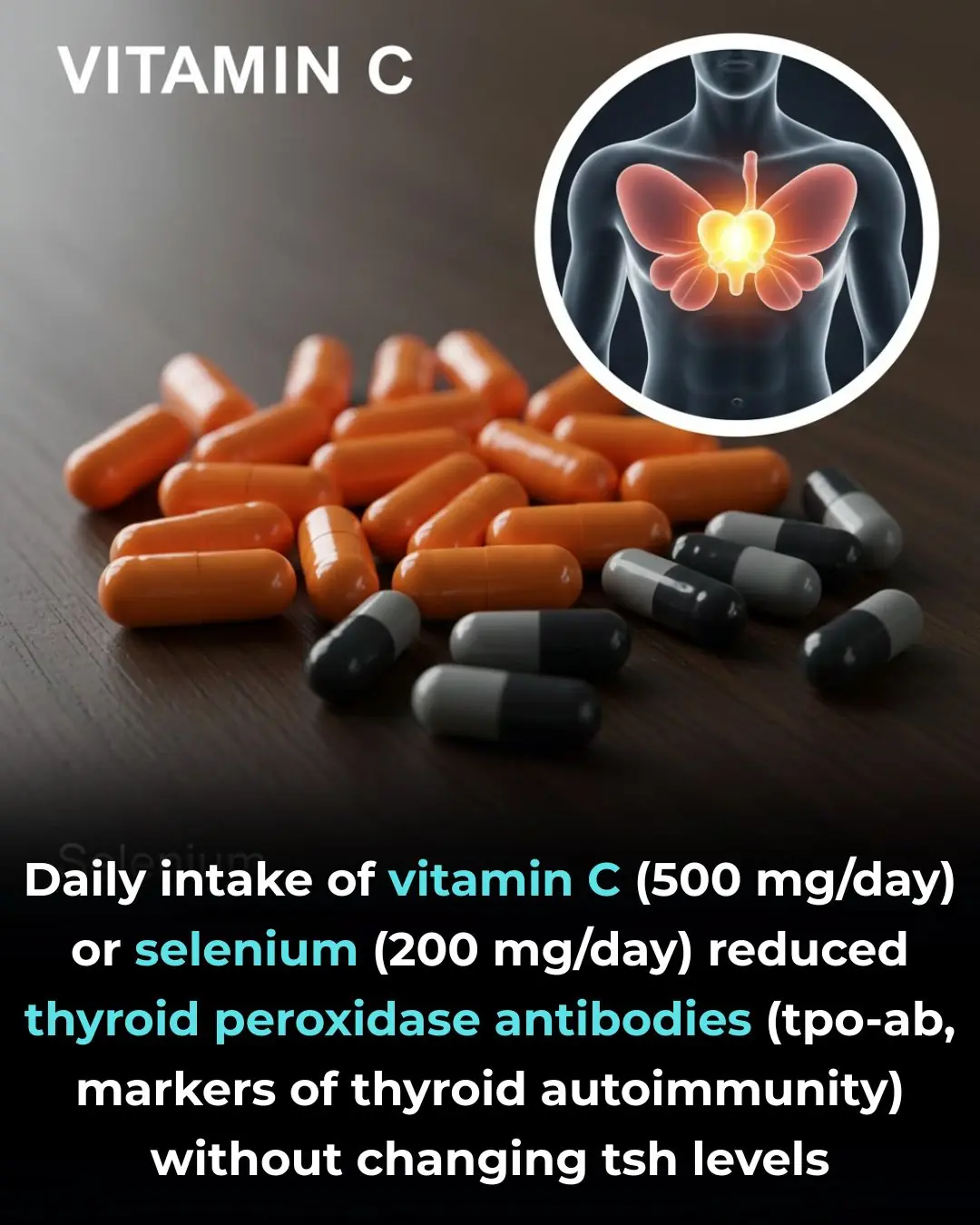
Antioxidant Supplementation and Thyroid Autoimmunity: Evidence from a Randomized Controlled Trial

Chios Mastic Gum as an Anti-Inflammatory Intervention in Crohn’s Disease and Vascular Inflammation

Garlic Supplementation and Metabolic Improvement in Non-Alcoholic Fatty Liver Disease
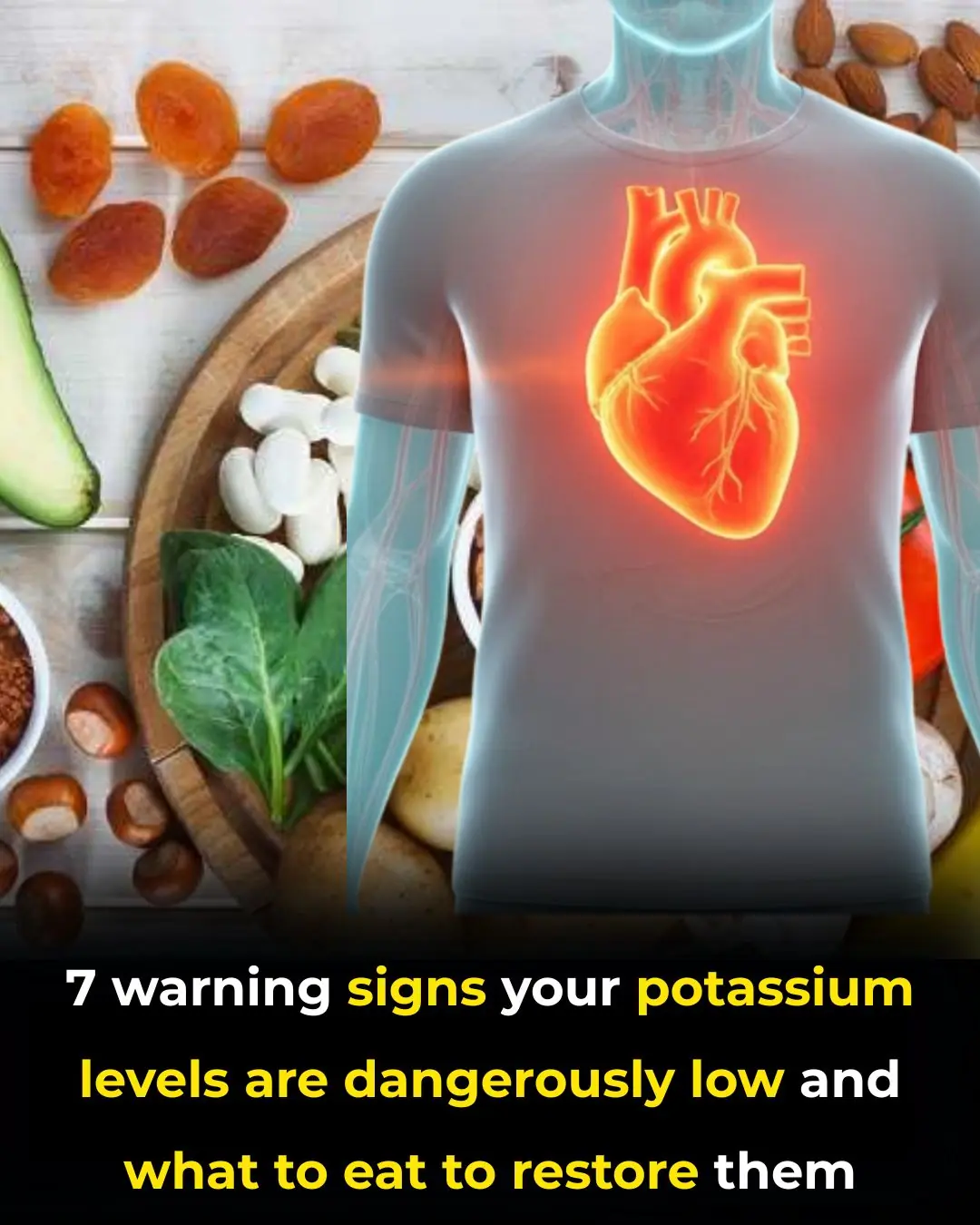
Potassium Deficiency – Causes, Symptoms and What To Do
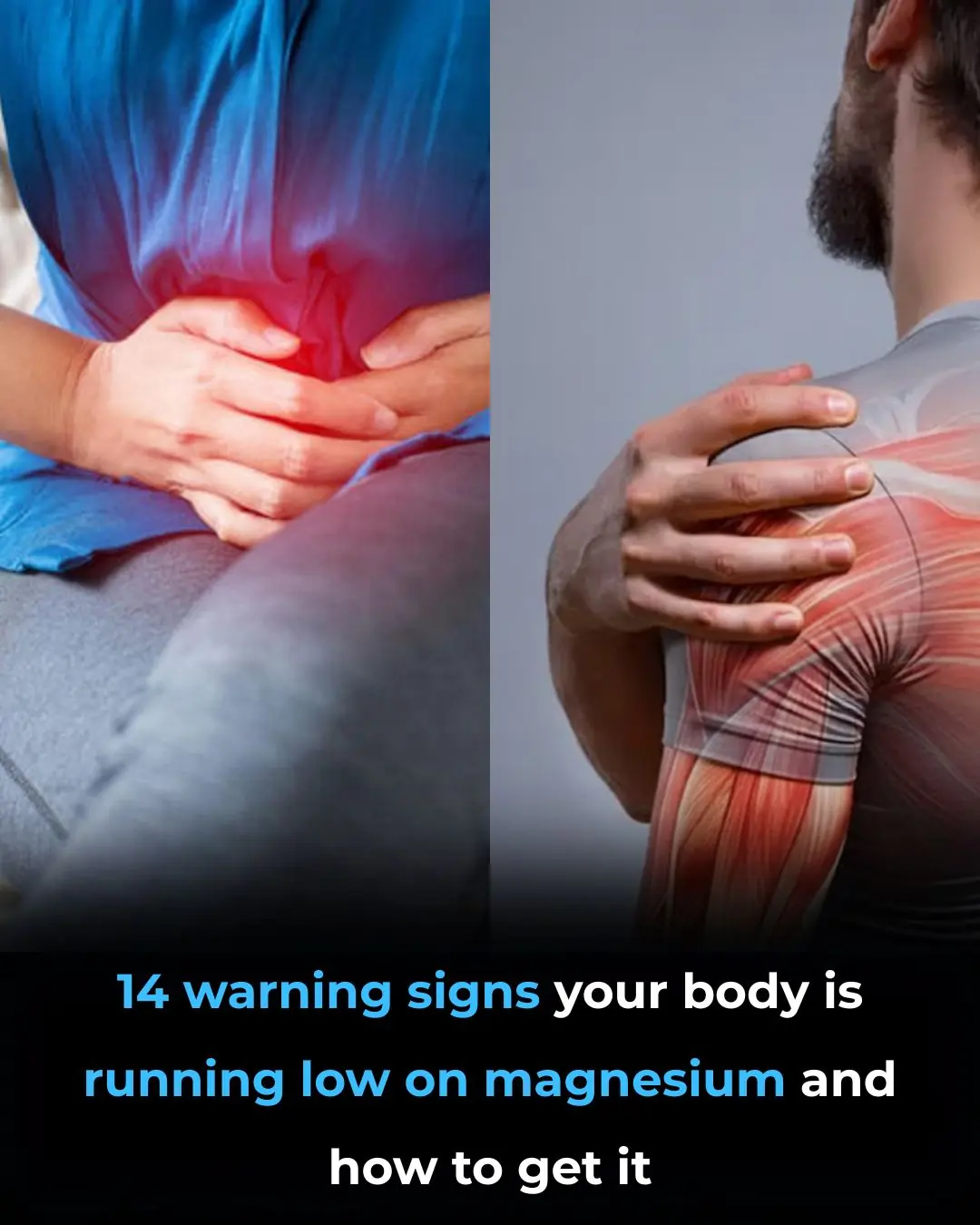
14 Warning Signs of Low Magnesium Levels and What to Do About It (Science Based)
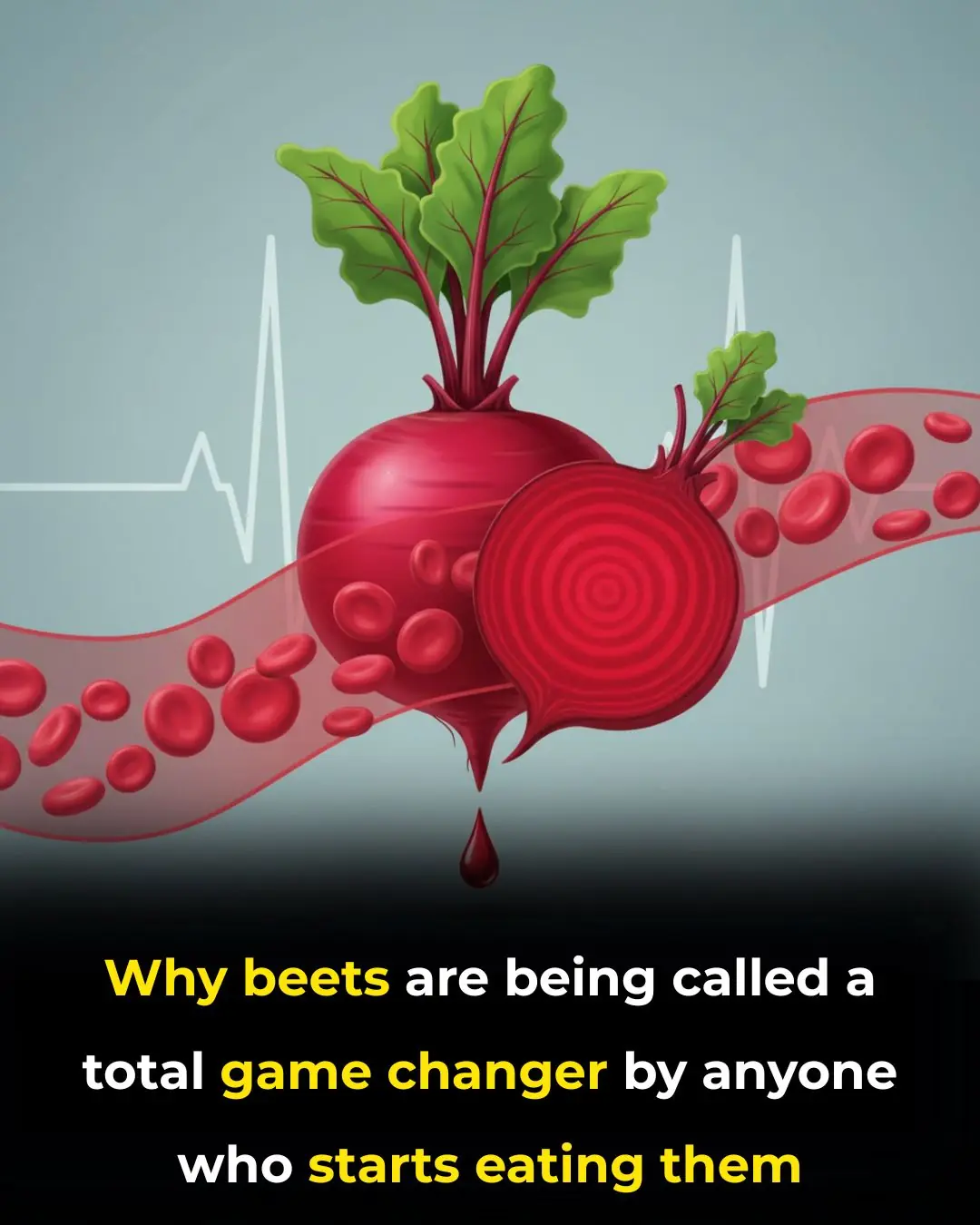
Proven Health Benefits of Beets and Fermented Beets (Science Based)

3 Reasons Onions Might Upset Your Stomach

MRI vs PET: Which Imaging Modality Better Detects Prostate Cancer Recurrence?
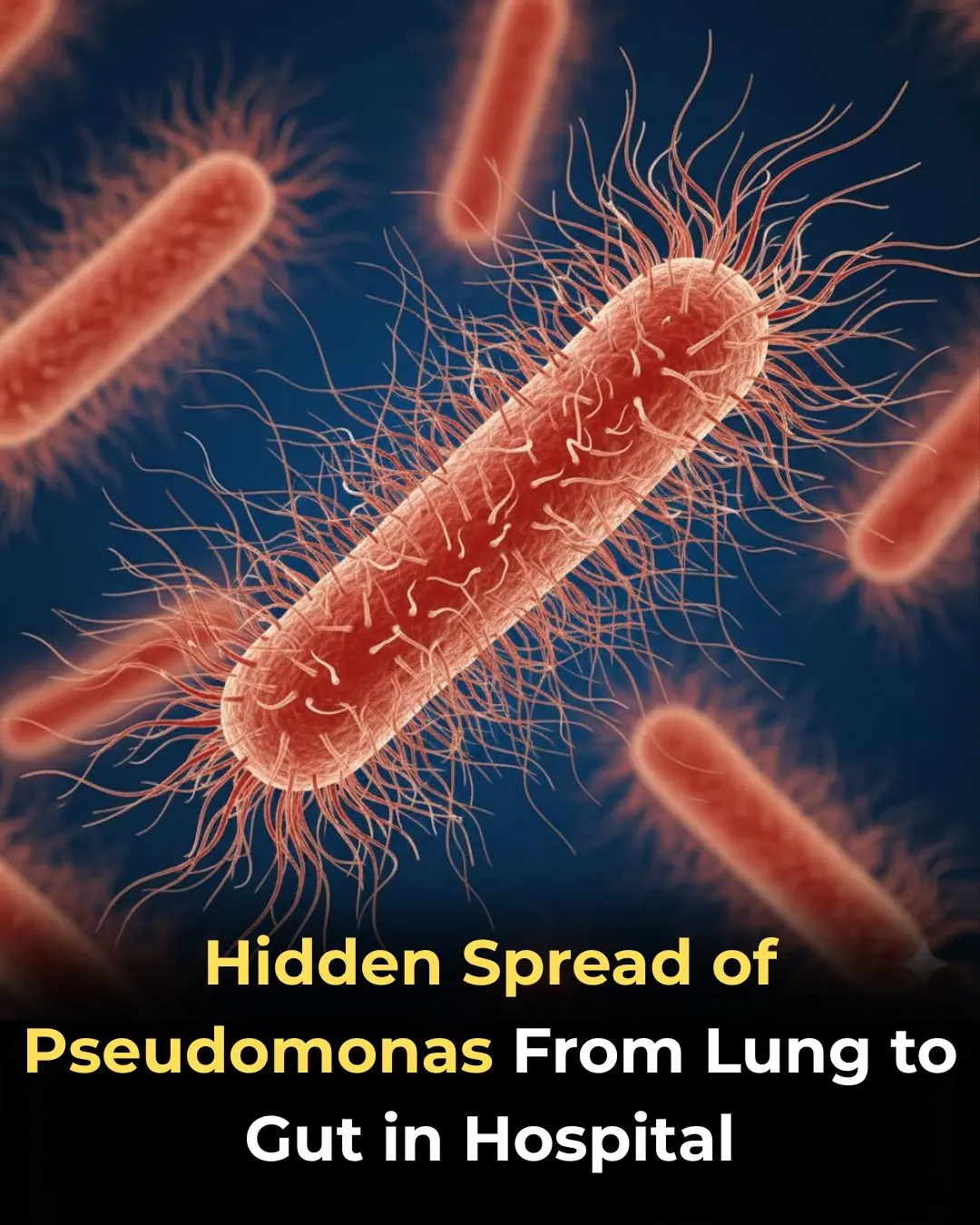
Hidden Spread of Pseudomonas aeruginosa From Lung to Gut in Hospitalized Patients
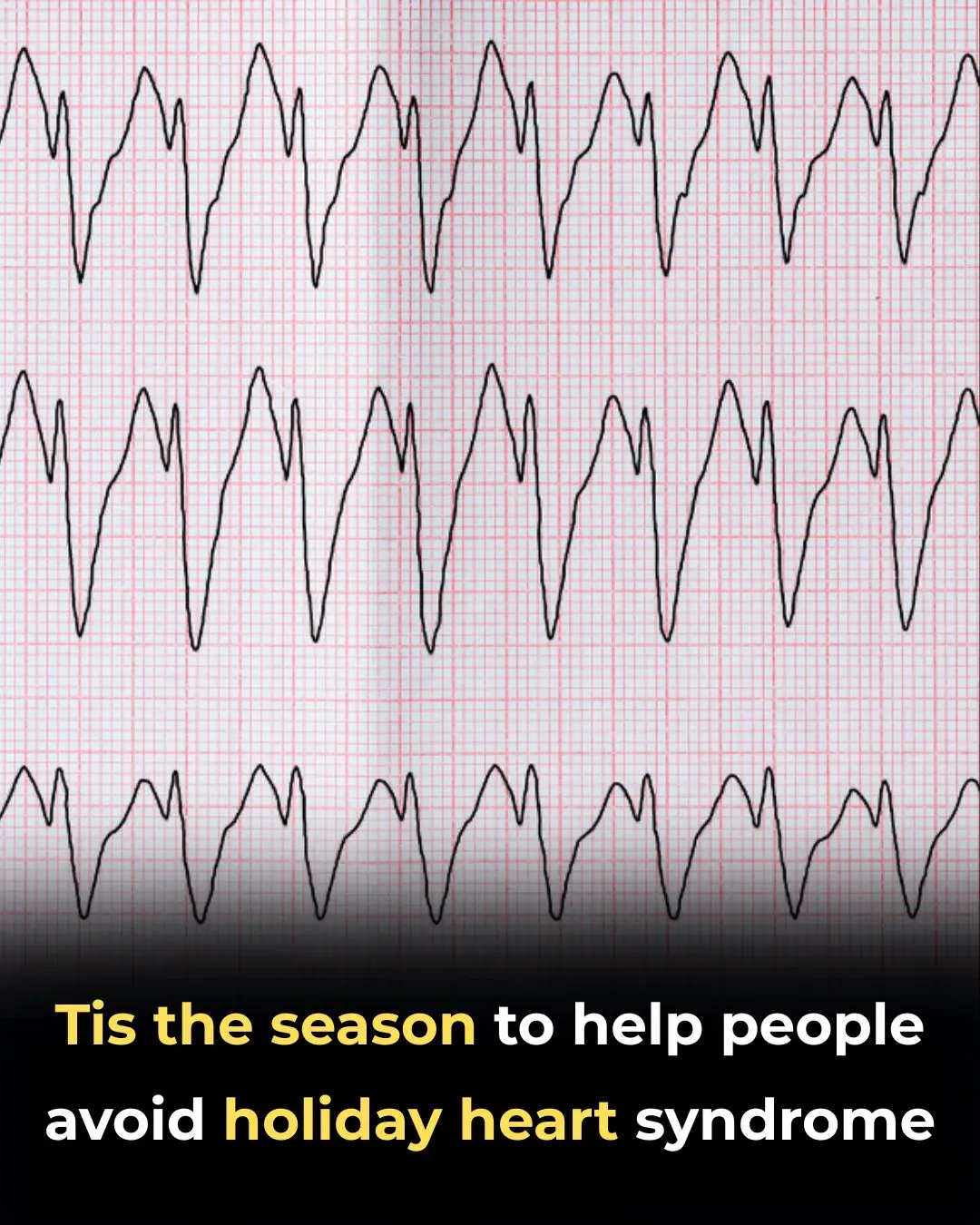
‘Tis the Season to Help People Avoid Holiday Heart Syndrome
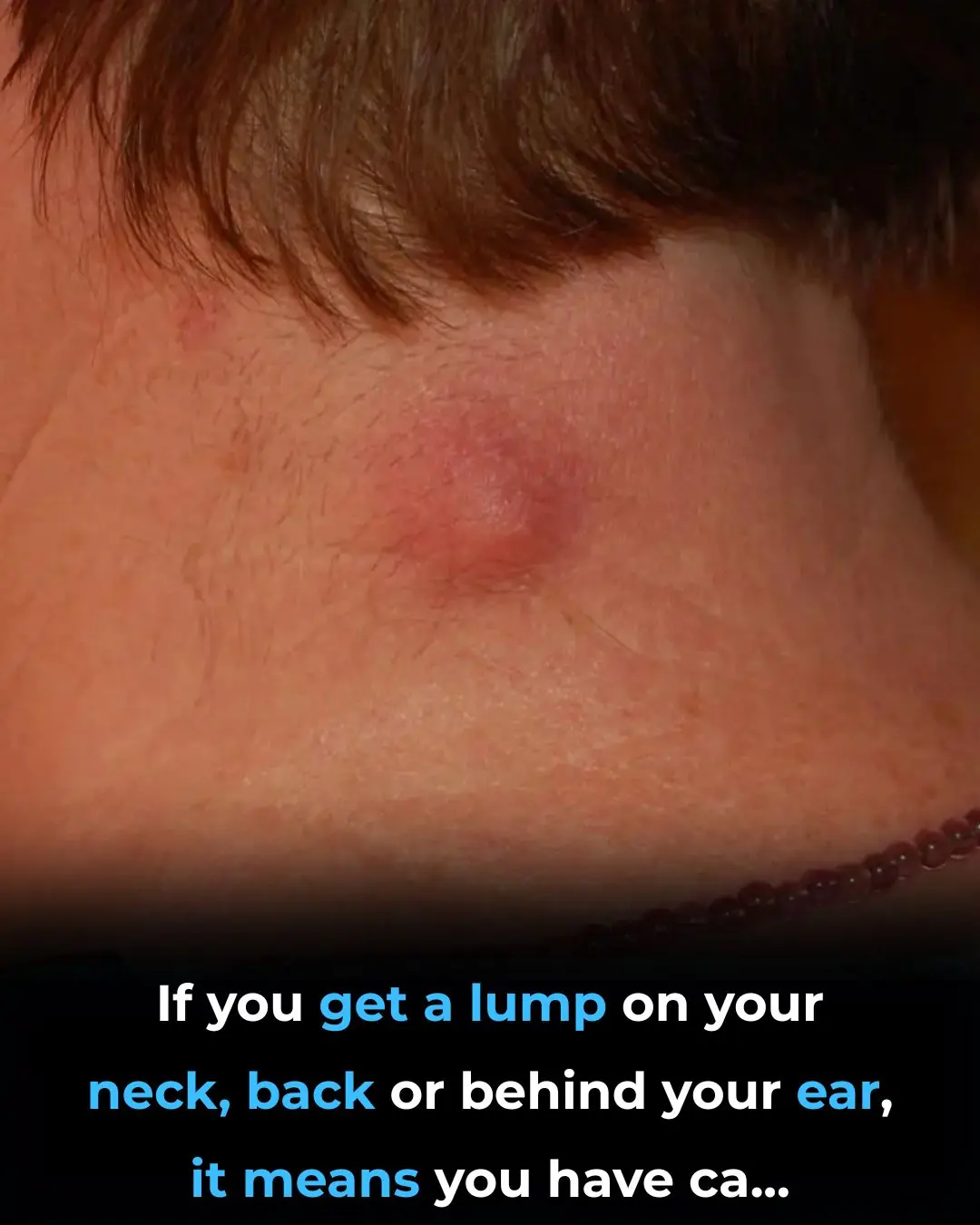
Got a lump on your neck, back or behind your ear? This is what you need to know

What Your Skin Could Be Telling You About Hidden Health Issues

How to Choose Fresh and Delicious Pork: Should You Pick Lighter or Darker Pieces?
How to Choose Fresh and Delicious Pork: Should You Pick Lighter or Darker Pieces?

4 Types of Vegetables Most Effective in Preventing Cancer, According to Doctors: Eating Them Regularly Is Great for Your Health
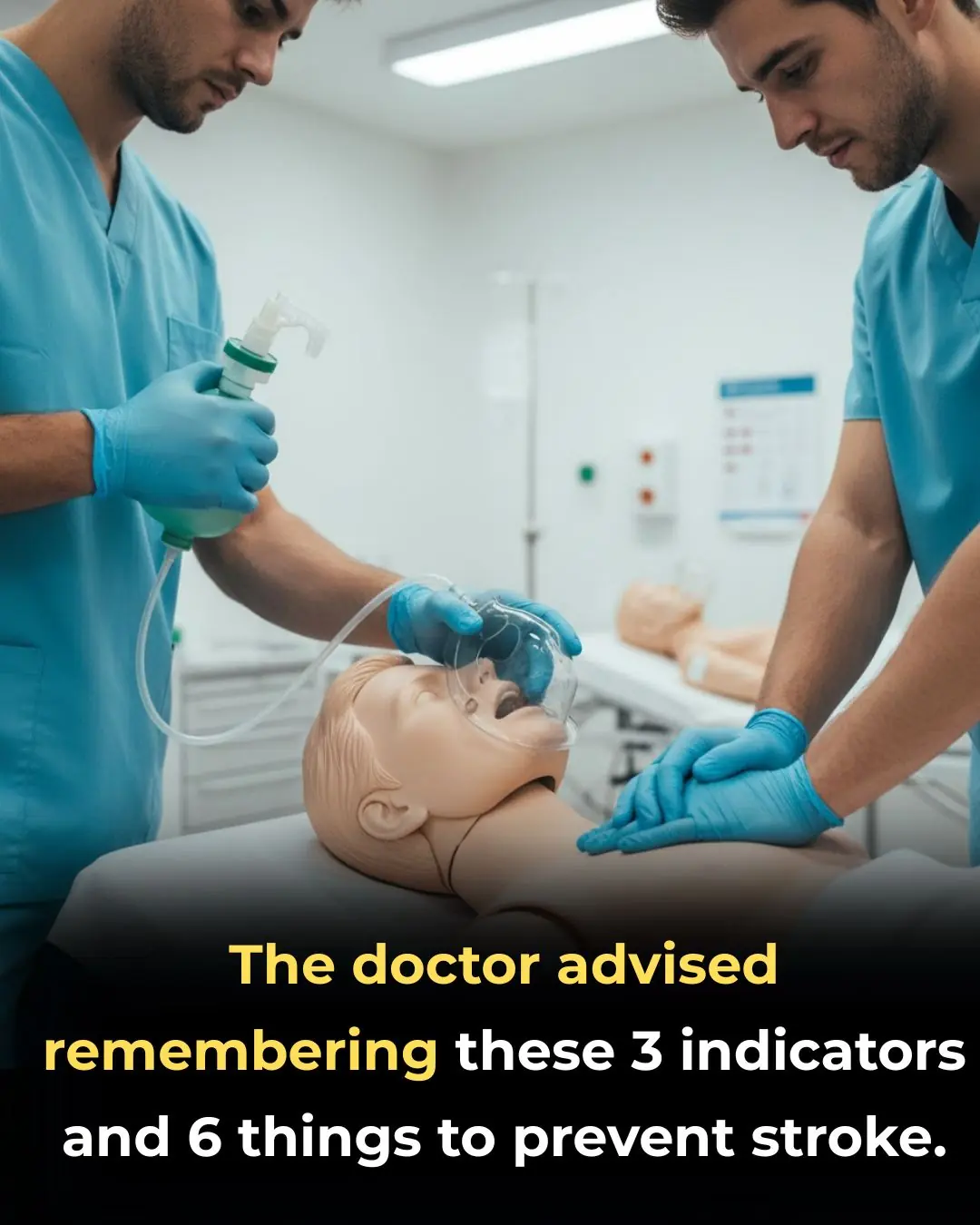
Stroke and Cerebral Infarction Prevention: Remember These 3 Indicators, 1 Disease, and 6 Key Habits

Optimism as a Psychosocial Predictor of Exceptional Longevity

Why Ages 36–46 Matter: Midlife as a Critical Window for Long-Term Health
News Post

Bee Propolis and Infertility in Endometriosis: Evidence from a Pilot Randomized Clinical Trial

Thymoquinone and Breast Cancer Cell Suppression: Evidence from Preclinical Research

Ginger Supplementation and Cardiovascular Inflammation: Evidence from a Double-Blind Randomized Clinical Trial

Antioxidant Supplementation and Thyroid Autoimmunity: Evidence from a Randomized Controlled Trial

Chios Mastic Gum as an Anti-Inflammatory Intervention in Crohn’s Disease and Vascular Inflammation

Garlic Supplementation and Metabolic Improvement in Non-Alcoholic Fatty Liver Disease

If you drink cucumber water every morning, this is what happens to your body

I soaked my feet in apple cider vinegar. 15 mins later, this is what happened

I need this ‘Liquid Gold.’

Potassium Deficiency – Causes, Symptoms and What To Do

14 Warning Signs of Low Magnesium Levels and What to Do About It (Science Based)

Proven Health Benefits of Beets and Fermented Beets (Science Based)

Putting this in the vase box not only helps protect the chrysanthemums but also makes the vase more delicious

How to preserve cilantro so it stays fresh, green, and fragrant for a whole month

3 Reasons Onions Might Upset Your Stomach

Vaseline Uses and Benefits for Skin, Lips and Hair | Petroleum Jelly Benefits

Beetroot Face Gel for Clear Skin – Rosy Cheeks & Pink Blushing Skin

How i use CUCUMBER for Skin & Eyes : Remove Dark Circles & Get Glowing Skin

Tips for removing grease from an air fryer
